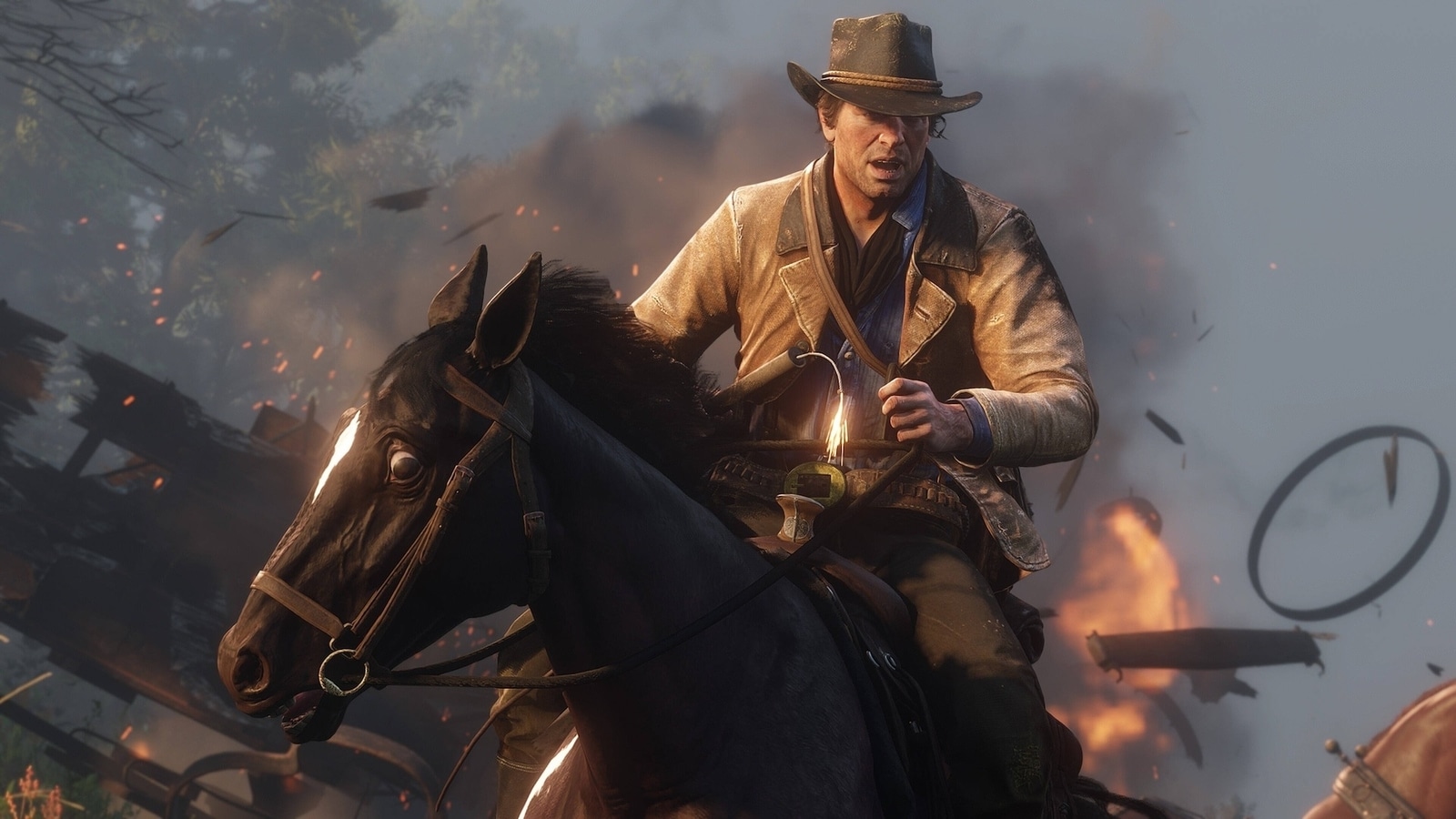Molly Young is on leave for the next several months. In her absence, colleagues from the Book Review will pick up the recommendation torch and appear in your inbox every two Saturdays.
Dear readers,
Every book lover is an autodidact at times; it goes with the territory. There are risks associated with this — I can remember the hot shame I felt one summer afternoon in high school when a stranger on the beach asked what I was reading and I held up my copy of “The Moon and Sixpence” before saying, with the utmost confidence, “It’s a novel by W. Somerset MO-gum.” She looked coolly amused. “It’s pronounced Mawm,” she said, and strutted away. I had never heard it spoken! How was I to know? (Years later, in graduate school, I did something similar with “The Diary of Samuel Pepys.” Pro tip, peeps: Don’t say “Peppies.”)
But there are rewards as well, and chief among them is the joy of unmediated discovery. With no teacher or reading list curating your cultural diet, you’re free to consume what appeals solely because it appeals, without regard for rank or status. You’re free to follow your curiosity — to read like the wind, as it were — and create your own syllabus.
If I were designing a class around the following books, I might call it “Cultural Exchanges: What Happens When Worlds Collide.”
—Gregory Cowles
My grandfather’s older brother recommended this memoir to me when I was in my 20s, by way of explaining the complicated hold that our family’s Germanic heritage still exerted on his generation even though he and his siblings had been born in New York City.
Hagedorn too was born and raised in New York, to immigrant parents whose loyalties were divided between the New World and the fatherland they loved whether it was called Hanover or Prussia or Germany. The book makes a villain out of Hagedorn’s paternal grandmother, a domineering, Teutonic presence who asserted her will from across the ocean, and a hero out of his mother, who was determined that at least one of her children should be “possessed by the American Idea.” She succeeded: Hagedorn became a close friend and confidante of Teddy Roosevelt’s and wrote several biographies of the president.
But I like this book less for its patriotic triumphalism than for the same qualities my great-uncle admired: It paints a textured picture of the double consciousness of recent immigrants, and reminds us that assimilation bears a cost even for those to whom it comes easily.
Read if you like: Ken Burns documentaries, melting-pot narratives, Viet Thanh Nguyen’s “The Sympathizer,” Julia Alvarez’s “How the García Girls Lost Their Accents”
Available from: Your favorite used-book seller
“Catching Fire: A Translation Diary” by Daniel Hahn
Nonfiction, 2022
Last year, the independent Scottish publisher Charco Press, which specializes in Latin American literature, released an English translation of a novel they called “Never Did the Fire,” by the avant-garde Chilean writer Diamela Eltit. (It follows an aging couple who met as revolutionaries in the Pinochet era and are now mourning the death of their son.)
At the same time, intriguingly, they also published this behind-the-scenes diary by the book’s translator, the estimable Daniel Hahn, about his process and the art of literary translation in general. The diary was intended as a side course to the novel, but you know how sometimes the fries are more appealing than the burger? Hahn is so smart and neurotic and funny and clear about the challenges of his profession that, although it probably wouldn’t please him to hear it, I finally set the Eltit down and read Hahn strictly for himself.
“Translation is like copying a work of art in a different medium,” he writes in his introduction. “We’re art forgers attempting to reproduce an oil painting using only pencils, but so skillfully you won’t be able to tell the difference.”
The whole book is filled with similarly great metaphors and explanations and patiently worked-out solutions to some of the technical problems he faced. Bonus: The delightfully droll index, with entries including “deadlines (not met),” “first drafts, gruesome,” “words included just because the translator likes them” and “writers, annoying.”
Read if you like: Comp lit, Jhumpa Lahiri’s “In Other Words,” Katie Kitamura’s “Intimacies,” Emily Wilson’s Twitter feed
Available from: Charco Press
Why don’t you …
-
Accompany SYLVIA PLATH on the last year of her life, via a novel that shows her struggling to balance her obligations as a wife and mother against the full flourishing of her artistic genius?
-
Submit to the orotund, incantatory language of the 1982 book in which AUDRE LORDE invented a genre she called “biomythography”? It’s as wild and occasionally woo-woo as that term might suggest, but also irresistible — like a feminist precursor to Robert Bly’s “Iron John: A Book About Men,” if you can imagine such a thing.
-
Reminisce with JASON GURIEL about the vanishing art of browsing? Along with the expected celebrations of old-fashioned bookshops and record stores, it also contains a tart incidental riff on the deficiencies (in Guriel’s opinion) of his native Canada’s poetry scene: “A duty read. A pity read. It demanded patriotism and kid gloves.”
Thank you for being a subscriber
Plunge further into books at The New York Times or reviews by Molly Young.
If you’re enjoying what you’re reading, please consider recommending it to others. They can sign up here. Browse all of our subscriber-only newsletters here.
Friendly reminder: check your local library for books! Many libraries allow you to reserve copies online. Send newsletter feedback to RLTW@nytimes.com.























